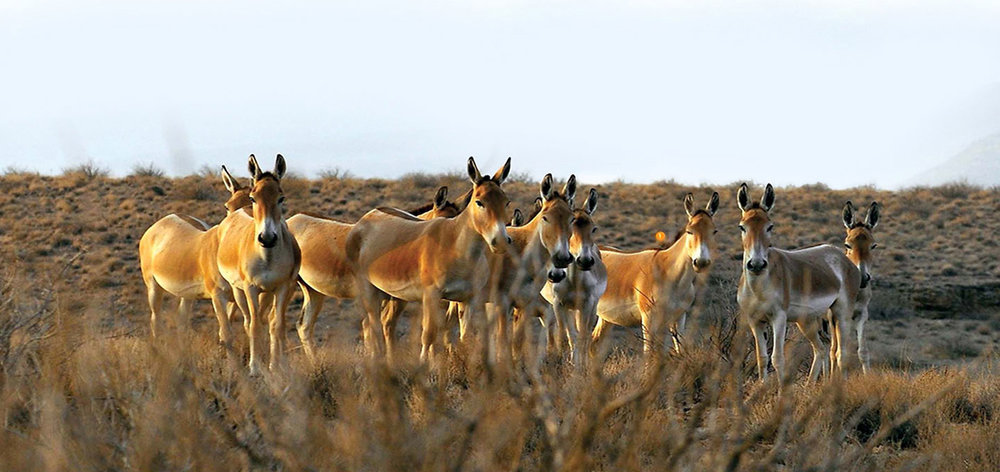Defenseless national land areas

TEHRAN — The controversial directive from the Supreme Council of Environment on revision of national protected areas will definitely leave such regions in an exposed position.
Under the new directive, issued on February 21 during a session headed by President Hassan Rouhani, the protected areas which have caused difficulties (!) for different sectors will be decreased or in some cases increased in the country.
In Iran, areas protected by the Department of Environment (DOE) cover 8.2 million hectares which fall into four categories: national parks (11 sites), wildlife refuges (25 sites), protected areas (47 sites), and national nature monuments (5 sites). Moreover, Forests, Range and Watershed Management Organization affiliated to the Ministry of Agriculture, manages 131 reserves with a total area of 111,000 hectares of these 19 are natural forest parks, 91 are forest reserves, and 21 are natural parks.
Despite the fact that such areas are called protected they are already being illegally or even legally exploited by building dams, constructing roads and doing logging or mining activities.
Now, after issuing the new directive the protected areas can be lawfully decreased. Although the directive is also allowing the increase of protected areas it is crystal clear that the environment will certainly be harassed more than ever, and now it is permitted by the law.
Hamid Zohrabi, caretaker for DOE’s natural environment directorate, has said that as per the directive some 28 areas constituting 77,000 hectares, which are “not very much valuable ecologically” and were causing “too many social and economic problems for the public” are reevaluated for changing their status from protected to unprotected.
The decision, which seems to be taken with no scientific basis, will worsen the current environmental predicaments including soil erosion, sand and dust storms, and groundwater depletion.
Hossein Akhani, botanist and environmentalist, have told Hamshahri daily newspaper that Iran, as a party to the international conventions on the environment cannot easily leave some protected areas unprotected.
Not giving protection to such ecologically valuable and sensitive areas will cause habitat fragmentation and accordingly lead to loss of valuable species.
For one, constructing roads in Asiatic cheetahs’ habitat in Iran, an animal which is on the verge of extinction with only some 50 left alive, has increased the road kills and is pushing it into oblivion.
Things goes from bad to worse by the Majlis (the Iranian parliament) recent adoption of a law that authorizes those who have once illegally, or legally made changes to national land areas, to purchase and own the land lawfully.
Therefore, as per the new law, land-use change, which can actually contribute many environmental predicaments, such as worsening greenhouse gas emission, is now permitted and even awarded by the law.
Why protected areas matter
According to the International Union for Conservation of Nature (IUCN) a protected area is a clearly defined geographical space, recognized, dedicated and managed, through legal or other effective means, in order to achieve the long term conservation of nature with associated ecosystem services and cultural values.
Protected areas are the means for conserving the nature and also the services it provide us with such as food, clean water, medicines, as well as protection from impacts of natural disasters. The areas also play a significant role in mitigating and adapting to climate change; it has been estimated that the global network of protected areas stores at least 15% of terrestrial carbon.
Protected area systems are both ends by directly conserve genetic resources, species, ecosystems and ecosystem processes and means by enabling many other thematic conservation objectives through in situ implementation, governance and equitable sharing.
The numerous importance of protected areas would render everyone speechless; the new laws and regulations might prove to be effective in some rare cases but from the looks of it, it would be more detriment than productive.
MQ/MG
